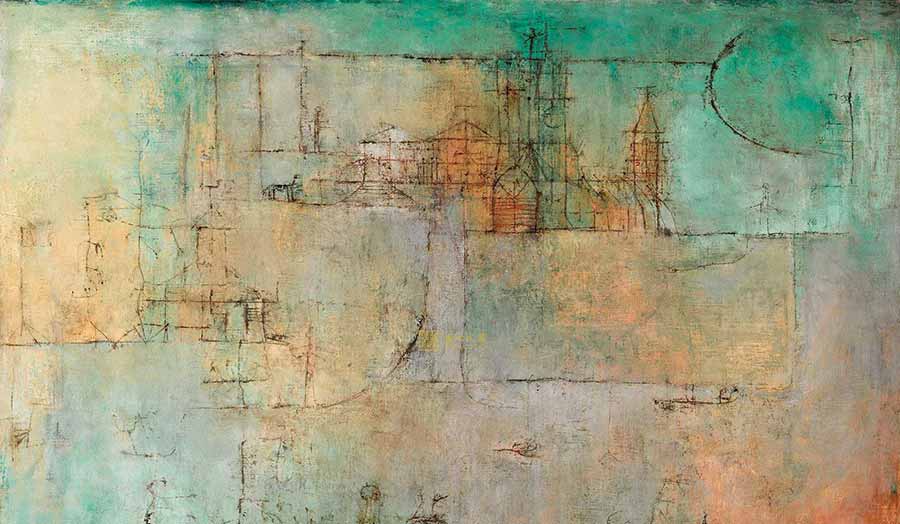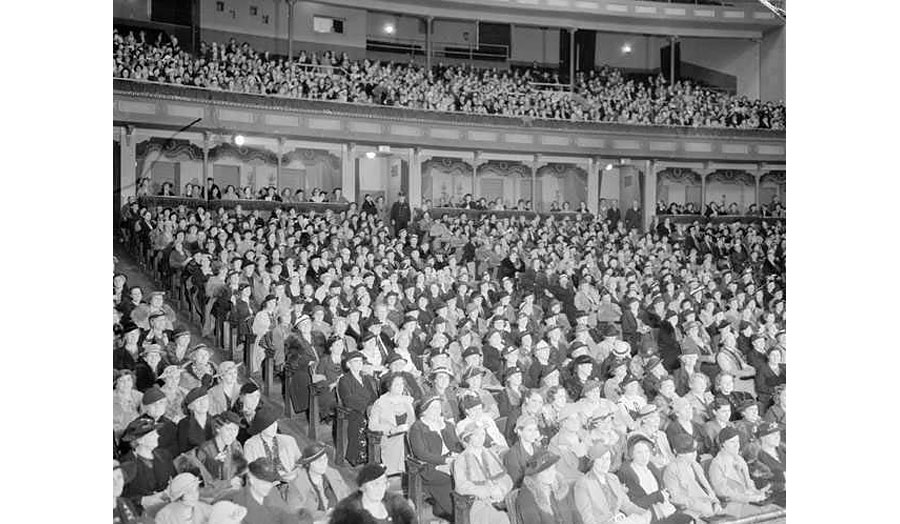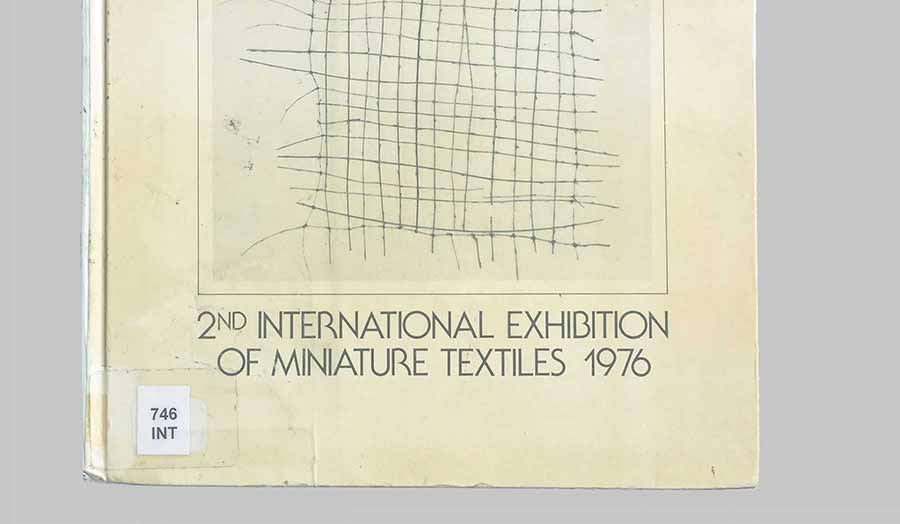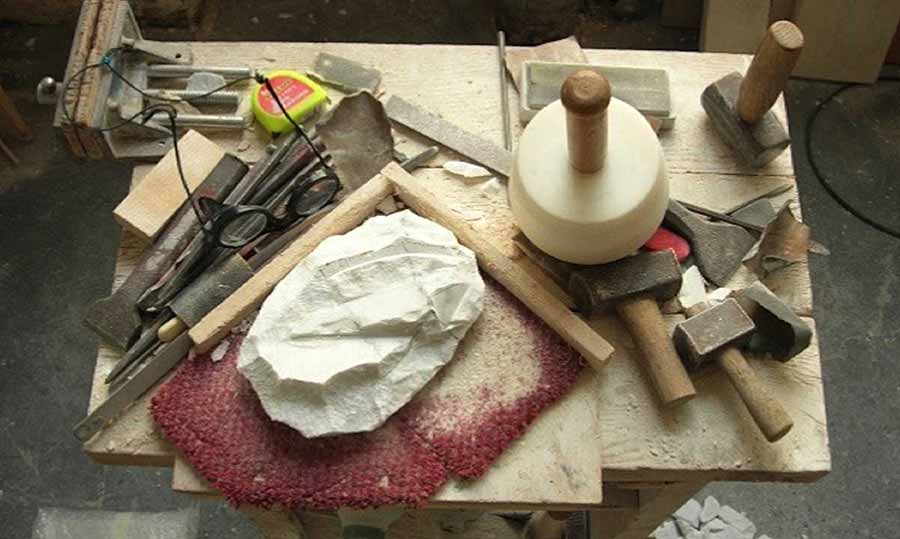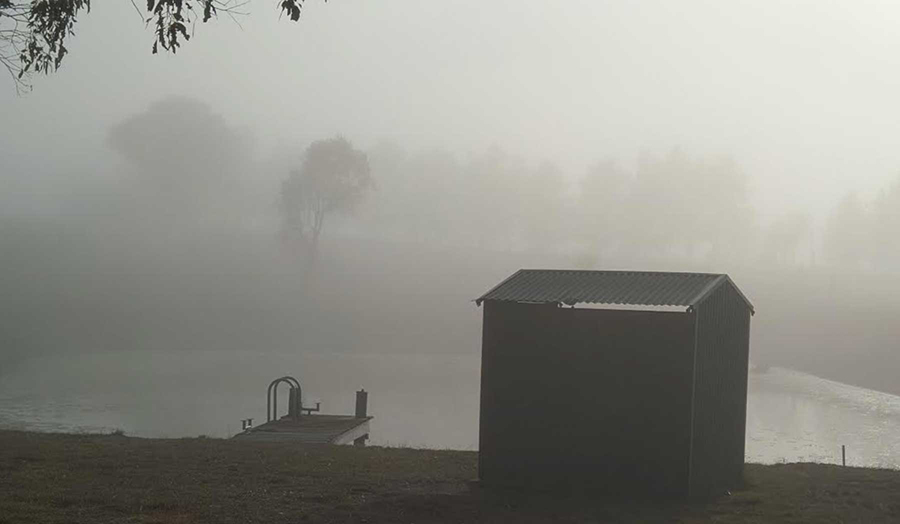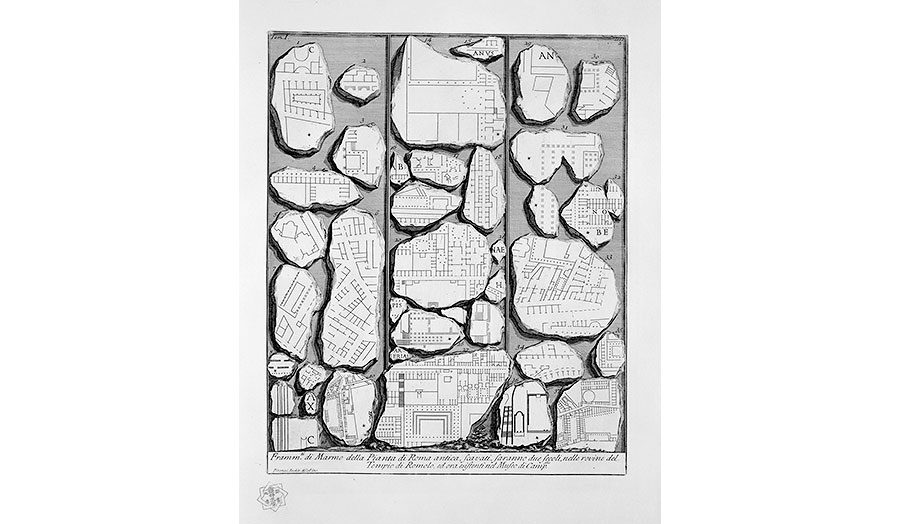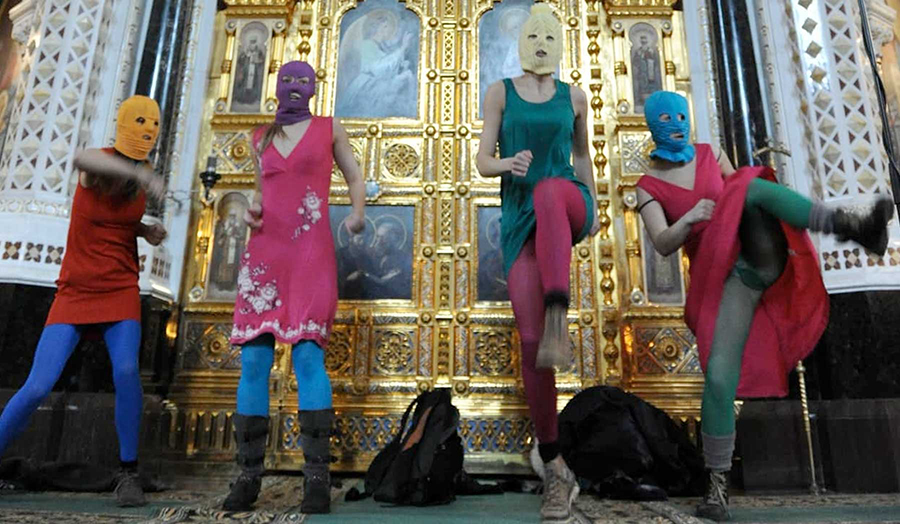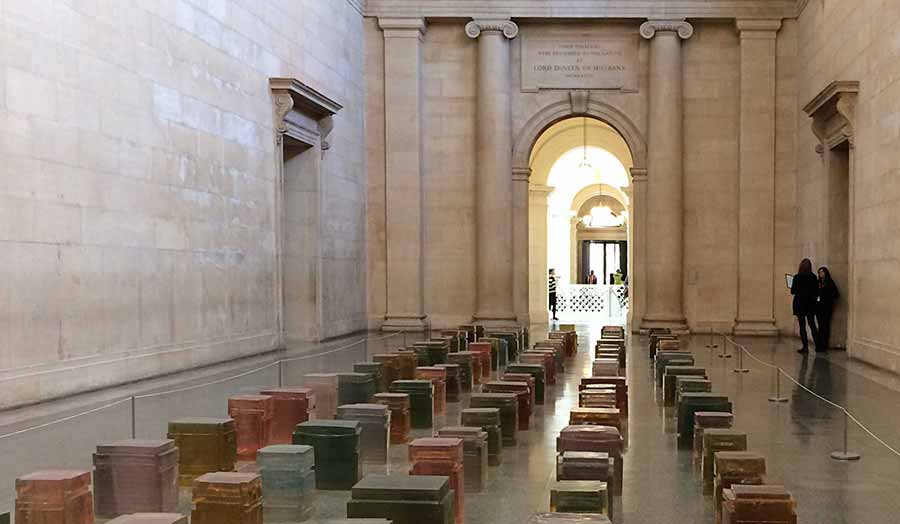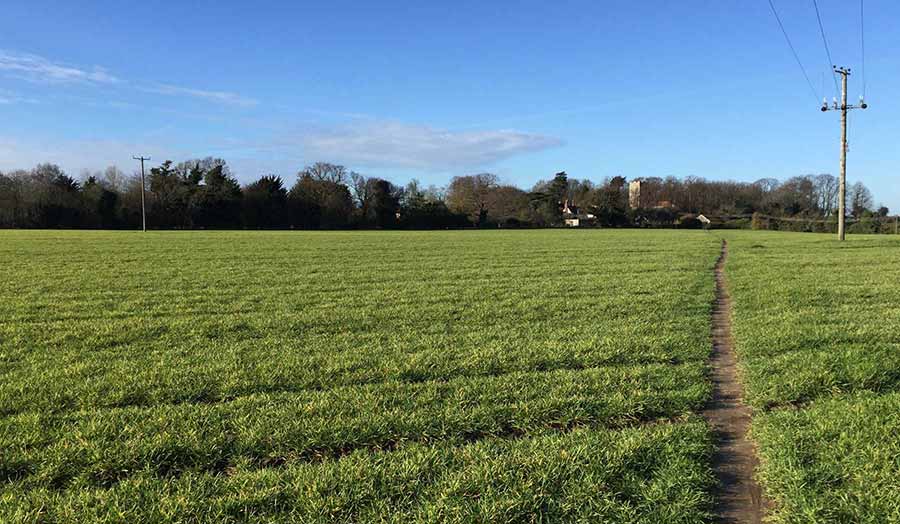Studio brief
In recent decades we have seen artists install temporary bus stops in remote rural communities, plant trees and start new political parties, or give away their free time to strangers in the street. The Venice Biennial operates under the banner of ‘Freespace’, with entire pavilions housing not art but offices for statistics, given over to a critique of colonial rule and the social inequalities caused by financial capitalism. We see architects routinely engaging in participatory projects, moving from planning buildings to designing infrastructures and job placements for refugees. The world of product design and fashion has absorbed the philosophy of reuse, recycling, and the idea of wiki-designs, abandoning the concept of the patent in favour of shared patterns distributed freely in the digital domain. Musicians experiment with open scores, handing the creative process over to the performers. Not Greek myths, but Donna Haraway’s tentacular ideas on "how to live and die well together" and "staying with the trouble" are written on banners and splayed out over the canvases.
Studio 11 explores these developments from the perspective of Commonism – the radical new ideology with an o in the middle. It asks how commoning acts, political activism and interventionism, participatory design processes, and the idea of collective ownership and authorship have transformed the world of art, architecture and design beyond recognition. What are the consequences of this transformation, and what is its history? What happened to the work of art? What is the aesthetic dimension of commoning acts?
Studio 11 is taught in collaboration with the new Design for Cultural Commons - MA at The Cass. It adopts the commons discourse both as a topic – an expanding field of ideas to which the studio wants to make new contributions – as well as a way of teaching and learning: setting up common writing and research frameworks, a space for debate and publication, dialogues with practitioners and curators, and an environment in which students can move between theory and practice, speculation and action.
Suggested readings, resources and preparatory activities
Explore
- Wochenklausur
- Evening Class
- Dutch Art Institute
- Public Works
- We Are Time Machines
- Michael Hardt and Antonio Negri on Assembly (video)
- 2016 Anthropocene Consortium Series: Donna Haraway (video)
Read
- Baldwin, James, The Fire Next Time: My Dungeon Shook; Down at the Cross, New Ed edition (London: Penguin Classics, 1990)
- Benjamin, Walter, ‘Theses on the Philosophy of History’, in Illuminations, ed. by Hannah Arendt (New York: Schocken Books, 1968), pp. 253–264
- De Andrade, Oswald, ‘Cannibalist Manifesto (1928)’, in 100 Artists’ Manifestos, ed. by Alex Danchev (London: Penguin, 2011)
- Dockx, Nico, and Pascal Gielen, Exploring Commonism: A New Aesthetics of the Real (Amsterdam: Valiz, 2019)
- Flusser, Vilém, and Louis Bec, Vampyrotheutis Infernalis: A Treatise, with a Report by the Institut Scientifique de Recherche Paranaturaliste (Minneapolis, Minn.; London: University of Minnesota Press, 2012)
- Goldsmith, Kenneth, Uncreative Writing: Managing Language in the Digital Age (New York: Columbia University Press, 2011)
- Hansen, Sidsel Meineche, and Tom Vandeputte, eds., Politics of Study (London and Odense: Occasional Table & Open Editions / Funen Art Academy, 2015)
- Haraway, Donna J, Staying with the Trouble: Making Kin in the Chthulucene (Durham: Duke University Press Books, 2016)
- Hardt, Michael, and Antonio Negri, Assembly (Oxford: Oxford University Press, 2017)
- ———, Commonwealth (Cambridge Mass.: Harvard University Press, 2009)
- Kohlmaier, Joseph, ‘The Imaginary Sensory’, in The Listening Reader, ed. by Joseph Kohlmaier and Sam Belinfante (London: Cours de Poétique, 2016)
- Ted Purves, What We Want Is Free: Generosity and Exchange in Recent Art / Edited by Ted Purves., SUNY Series in Postmodern Culture (Albany, NY: State University of New York Press, 2005)
- Valéry, Paul, ‘Course in Poetics: First Lesson’, in The Creative Process, Etc., by Brewster Ghiselin (New York: New American Library of World Literature, 1955), pp. 92–106
Image: Musarc shifting earth at Odrathek to Joseph Kohlmaier and Claudia Molitor’s Die Gedanken Sind Frei, May 2018. Photo: Yiannis Katsaris
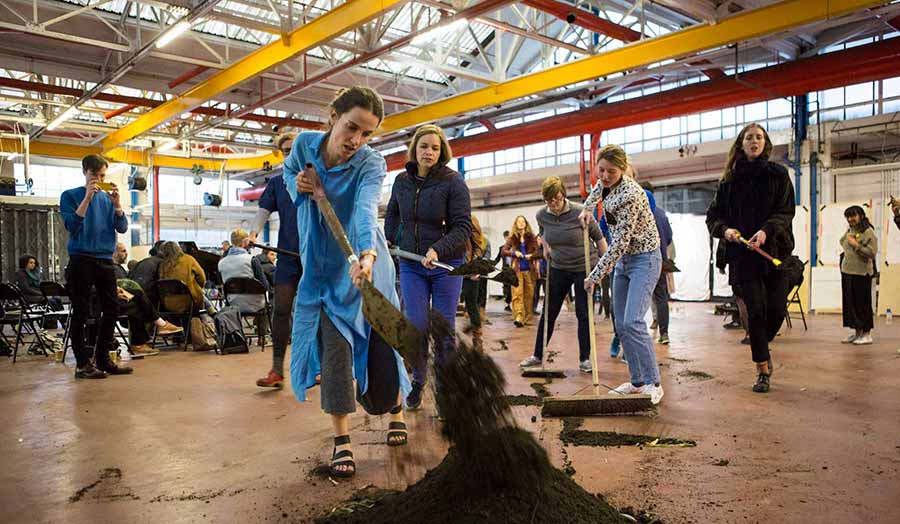
Details
| Tutor | Joseph Kohlmaier |
|---|

